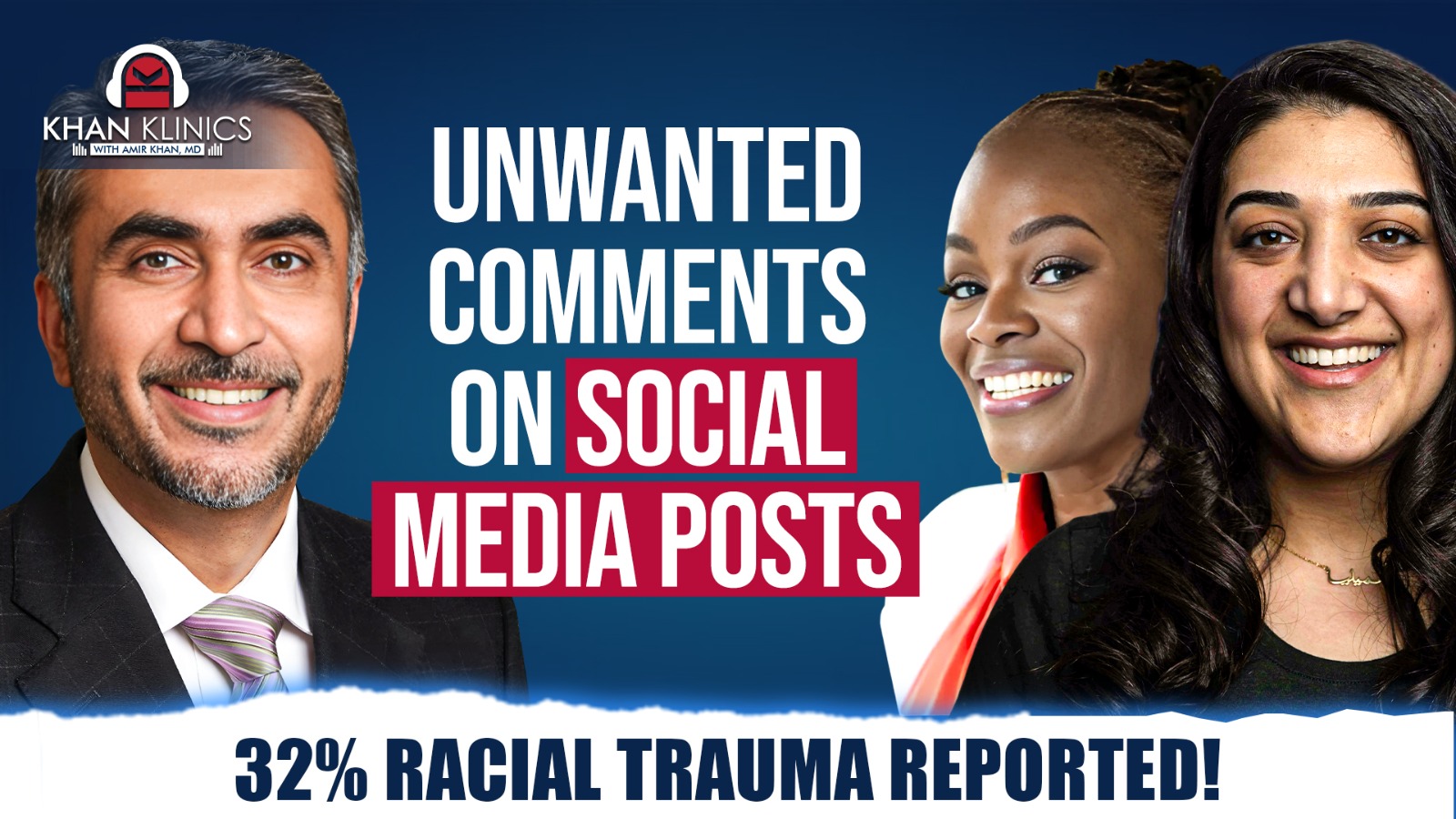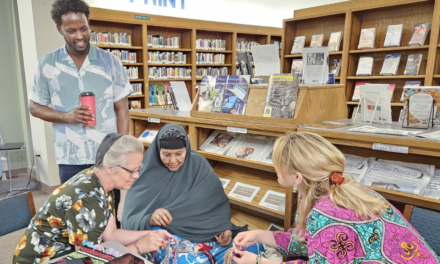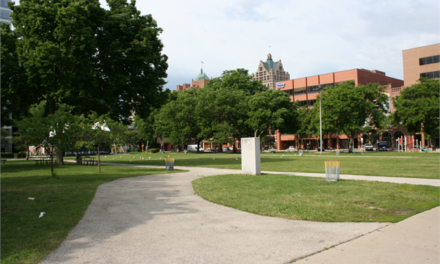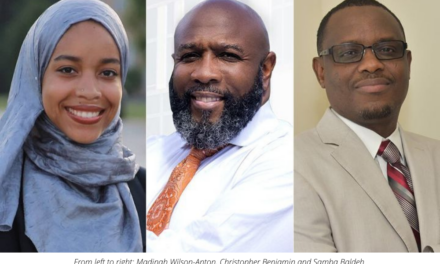In a recent episode of Khan Klinics, powered by American Muslim Today, Dr. Amir Khan spoke with Dr. Alfiee Noble and Dr. Camelia Harb—two leaders reshaping youth mental health. Their goal is to make sure young people of color are counted, seen, heard, and healed.
Why Many Youth Are Still Invisible in Mental Health Care
Many young people of color are being overlooked in mental health care—and the numbers show it. The AAKOMA Project’s survey of nearly 9,000 youth and young adults of color revealed that over half struggle with moderate to severe anxiety or depression.
Nearly one in three said they experience racial trauma most often on social media. “These aren’t just statistics,” Dr. Alfiee stressed. “They’re real lives, and far too many are left out of the conversation.”
One-Size-Fits-All Care Leaves Too Many Behind
To close the gap in youth mental health, we need to ask the right questions—and ask them to the right people. Experts say the problem isn’t just getting care, but how research is done and who it includes.
When Dr. Khan asked why these gaps persist, Dr. Alfiee was clear: “We’ve never asked diverse young people the question. How do you care for someone if you don’t know their needs?”
The AAKOMA Project makes sure communities often ignored—like Arab, Middle Eastern, and North African youth—are reflected in research.
Dr. Harb added, “Treatment isn’t one-size-fits-all. If we want to help, we have to meet people where they are—culturally, emotionally, and in the language they understand.”
The Double-Edged Sword of Social Media
Social media connects isolated youth but also exposes them to harm. Upon being asked by Dr. Khan, Dr. Harb shared some statistics. In the study, 96% of participants used social media, with an average starting age of 13. “About 32% said they experienced racial trauma most often online,” Dr. Harb shared.
“Another 29% were bullied or threatened because of their racial identity.” Dr. Alfiee doesn’t believe in banning teens from social media. “Good luck with that,” she joked.
Instead, she encourages parents and caregivers to set boundaries, maintain open communication, and even sign a “social media contract” with their children.
Why Youth Don’t Always Ask for Help
Many young people know they need help, but that doesn’t mean they always ask for it. Fear of judgment, pressure to fit in, and not knowing where to start often keep them silent.
Despite 60% saying they have someone they can rely on, only 28% of the youth in the study had gone to therapy. Dr. Alfiee explained, “The more marginalized identities you have, the more you feel pushed to the margins. Fitting in often feels safer than speaking up.”
Dr. Harb sees another challenge—mental health is talked about so much that its urgency can be overlooked. “When a teen says, ‘I’m depressed,’ we can’t treat it like casual slang. It’s still critical.”
A Community Problem with a Community Solution
Change won’t happen overnight, but it can start with small, intentional steps. Real progress means working from both the top down and the ground up.
Both experts agree that systems must fund culturally tailored mental health care, and communities must act. “You matter, and your needs matter,” Dr. Harb told young listeners. “There’s no shame in speaking up.”
For Dr. Alfiee, the vision is “We want a world where every young person—of every race, identity, and background—can live authentically and unapologetically as the best version of themselves.”
Final Stitch: Change Starts With Listening
Dr. Khan called it “a wake-up call” for youth mental health in marginalized communities. The message: stop forcing young people into systems that ignore them. Build systems that understand and support them.
They need more than awareness. They need action. They need to be seen. And they need adults who listen more than they speak.
Subscribe to Khan Klinics, powered by AMT, for more real stories and tools for emotional wellness. Your next choice could be the start of something powerful.
Stay connected. Stay inspired. Heal through purpose.
Dr. Humaira Kalsoom and Dr. Amir Khan














